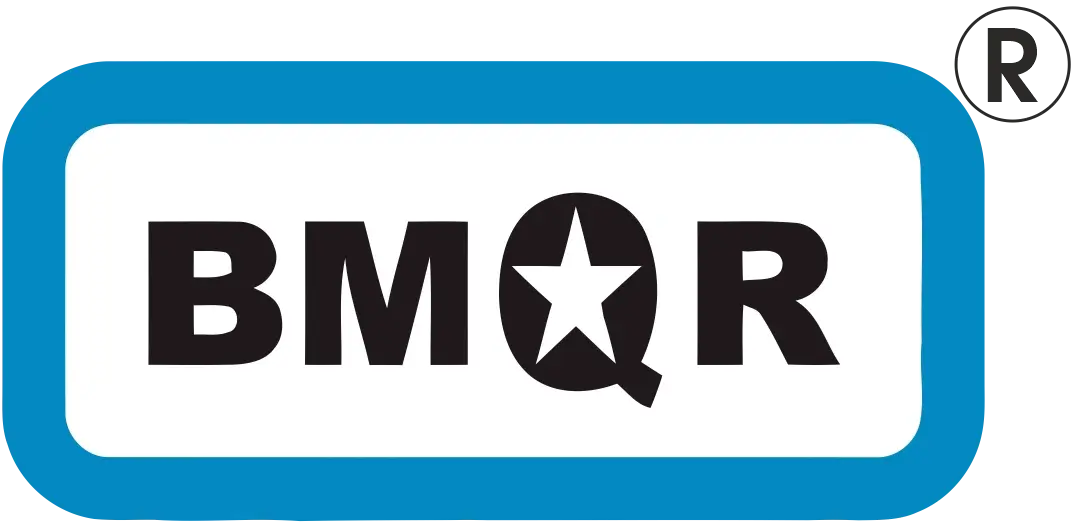Introduction:
In the pharmaceutical and medical device industries, maintaining consistent product quality is paramount. Companies seek to meet their customers' needs and expectations while complying with industry standards. One such essential standard is WHO-GMP (Good Manufacturing Practice) certification, which ensures that the manufacturing processes adhere to strict quality standards. This article will explore how WHO-GMP compliance addresses key pain points faced by companies and fosters trust among customers.
Quality and Safety Assurance :
One of the primary pain points faced by companies is the assurance of product quality and safety. WHO-GMP sets forth comprehensive guidelines that encompass every aspect of manufacturing, including facility design, equipment calibration, personnel training, and documentation. Adhering to these guidelines helps companies maintain consistency in product quality, reducing the risk of defects or contamination. By ensuring adherence to WHO-GMP standards, companies can instill confidence in their customers, knowing that their products are produced under controlled and safe conditions.
Regulatory Compliance :
Staying compliant with the ever-evolving regulations in the pharmaceutical and medical device industries can be challenging. WHO-GMP certification streamlines the compliance process by providing a framework that aligns with international regulatory requirements. Meeting WHO-GMP standards helps companies avoid potential legal and financial consequences while providing a competitive edge in the market. By being WHO-GMP compliant, companies demonstrate their commitment to meeting industry standards and contributing to patient safety, which is a vital concern for customers.

Supply Chain Integrity :
A significant pain point for companies and their customers is maintaining supply chain integrity. WHO-GMP requires suppliers to adhere to specific quality standards, ensuring that raw materials used in production are of consistent and reliable quality. By verifying the integrity of the supply chain, companies can minimize the risk of substandard inputs affecting the final product. This, in turn, enhances the reliability and efficacy of the products for the end consumer, which is a crucial aspect of meeting customer requirements.
Continuous Improvement :
Customers expect companies to continually improve their processes and products. WHO-GMP provides a systematic approach to monitor and assess manufacturing processes, enabling companies to identify areas for improvement and implement corrective actions. By embracing a culture of continuous improvement, companies can enhance their products' quality, efficiency, and reliability, ultimately meeting or exceeding their customers' expectations.
Conclusion
WHO-GMP certification addresses several pain points faced by companies in the pharmaceutical and medical device industries. By ensuring quality and safety assurance, streamlining regulatory compliance, maintaining supply chain integrity, and fostering continuous improvement, WHO-GMP provides a robust framework that meets the requirements of their customers. Companies that invest in WHO-GMP compliance demonstrate their dedication to delivering high-quality products and building lasting trust with their valued customers.






